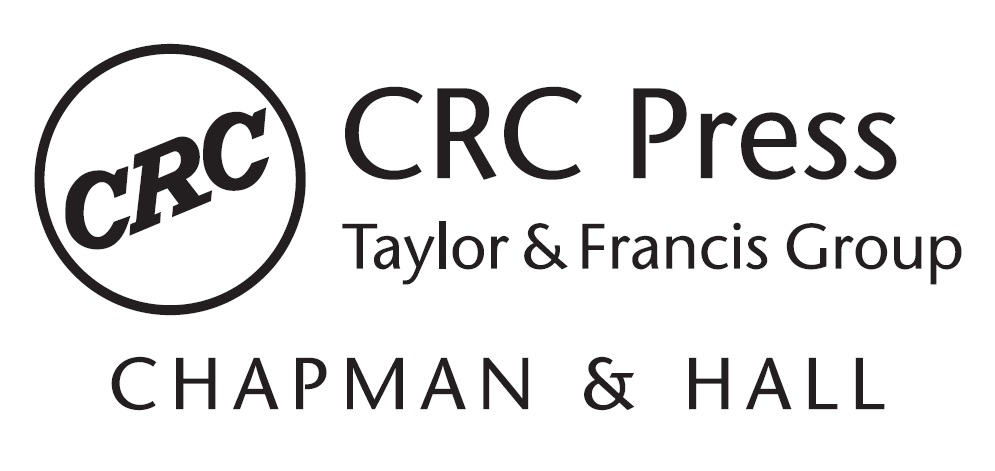Implementing LDA in Python #
Key Concepts in this Notebook#
Introduction#
Importing the Required Libraries#
#https://www.machinelearningplus.com/nlp/topic-modeling-gensim-python/#1introduction
import numpy as np
import json
import glob
#Gensim
import gensim
import gensim.corpora as corpora
from gensim.utils import simple_preprocess
from gensim.models import CoherenceModel
#spacy
import spacy
from nltk.corpus import stopwords
#vis
import pyLDAvis
import pyLDAvis.gensim
import warnings
warnings.filterwarnings("ignore", category=DeprecationWarning)
Preparing the Data#
def load_data(file):
with open (file, "r", encoding="utf-8") as f:
data = json.load(f)
return (data)
def write_data(file, data):
with open (file, "w", encoding="utf-8") as f:
json.dump(data, f, indent=4)
stopwords = stopwords.words("english")
print (stopwords)
['i', 'me', 'my', 'myself', 'we', 'our', 'ours', 'ourselves', 'you', "you're", "you've", "you'll", "you'd", 'your', 'yours', 'yourself', 'yourselves', 'he', 'him', 'his', 'himself', 'she', "she's", 'her', 'hers', 'herself', 'it', "it's", 'its', 'itself', 'they', 'them', 'their', 'theirs', 'themselves', 'what', 'which', 'who', 'whom', 'this', 'that', "that'll", 'these', 'those', 'am', 'is', 'are', 'was', 'were', 'be', 'been', 'being', 'have', 'has', 'had', 'having', 'do', 'does', 'did', 'doing', 'a', 'an', 'the', 'and', 'but', 'if', 'or', 'because', 'as', 'until', 'while', 'of', 'at', 'by', 'for', 'with', 'about', 'against', 'between', 'into', 'through', 'during', 'before', 'after', 'above', 'below', 'to', 'from', 'up', 'down', 'in', 'out', 'on', 'off', 'over', 'under', 'again', 'further', 'then', 'once', 'here', 'there', 'when', 'where', 'why', 'how', 'all', 'any', 'both', 'each', 'few', 'more', 'most', 'other', 'some', 'such', 'no', 'nor', 'not', 'only', 'own', 'same', 'so', 'than', 'too', 'very', 's', 't', 'can', 'will', 'just', 'don', "don't", 'should', "should've", 'now', 'd', 'll', 'm', 'o', 're', 've', 'y', 'ain', 'aren', "aren't", 'couldn', "couldn't", 'didn', "didn't", 'doesn', "doesn't", 'hadn', "hadn't", 'hasn', "hasn't", 'haven', "haven't", 'isn', "isn't", 'ma', 'mightn', "mightn't", 'mustn', "mustn't", 'needn', "needn't", 'shan', "shan't", 'shouldn', "shouldn't", 'wasn', "wasn't", 'weren', "weren't", 'won', "won't", 'wouldn', "wouldn't"]
data = load_data("data/ushmm_dn.json")["texts"]
print (data[0][0:90])
My name David Kochalski. I was born in a small town called , and I was born May 5, 1928.
def lemmatization(texts, allowed_postags=["NOUN", "ADJ", "VERB", "ADV"]):
nlp = spacy.load("en_core_web_sm", disable=["parser", "ner"])
texts_out = []
for text in texts:
doc = nlp(text)
new_text = []
for token in doc:
if token.pos_ in allowed_postags:
new_text.append(token.lemma_)
final = " ".join(new_text)
texts_out.append(final)
return (texts_out)
lemmatized_texts = lemmatization(data)
print (lemmatized_texts[0][0:90])
name bear small town call bear very hard work child father mother small mill flour buckwhe
def gen_words(texts):
final = []
for text in texts:
new = gensim.utils.simple_preprocess(text, deacc=True)
final.append(new)
return (final)
data_words = gen_words(lemmatized_texts)
print (data_words[0][0:20])
['name', 'bear', 'small', 'town', 'call', 'bear', 'very', 'hard', 'work', 'child', 'father', 'mother', 'small', 'mill', 'flour', 'buckwheat', 'prosperous', 'comfortable', 'go', 'school']
id2word = corpora.Dictionary(data_words)
corpus = []
for text in data_words:
new = id2word.doc2bow(text)
corpus.append(new)
print (corpus[0][0:20])
word = id2word[[0][:1][0]]
print (word)
[(0, 2), (1, 8), (2, 1), (3, 2), (4, 1), (5, 2), (6, 1), (7, 2), (8, 3), (9, 1), (10, 12), (11, 1), (12, 8), (13, 1), (14, 2), (15, 1), (16, 3), (17, 2), (18, 1), (19, 2)]
able
lda_model = gensim.models.ldamodel.LdaModel(corpus=corpus,
id2word=id2word,
num_topics=30,
random_state=100,
update_every=1,
chunksize=100,
passes=10,
alpha="auto")
Vizualizing the Data#
pyLDAvis.enable_notebook()
vis = pyLDAvis.gensim.prepare(lda_model, corpus, id2word, mds="mmds", R=30)
vis

